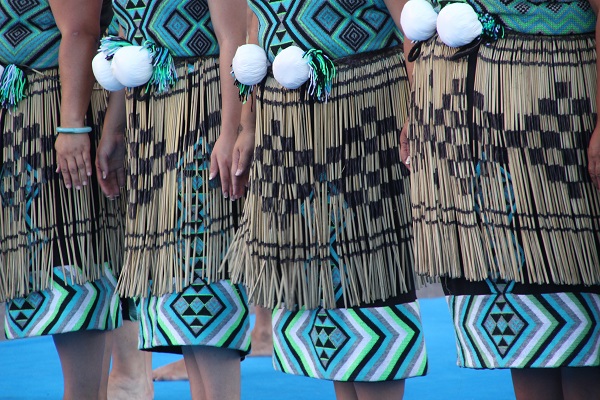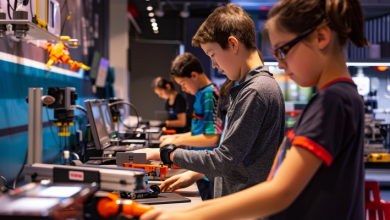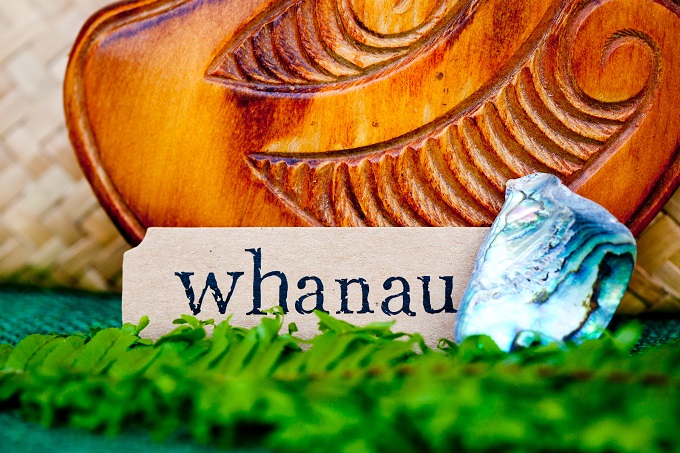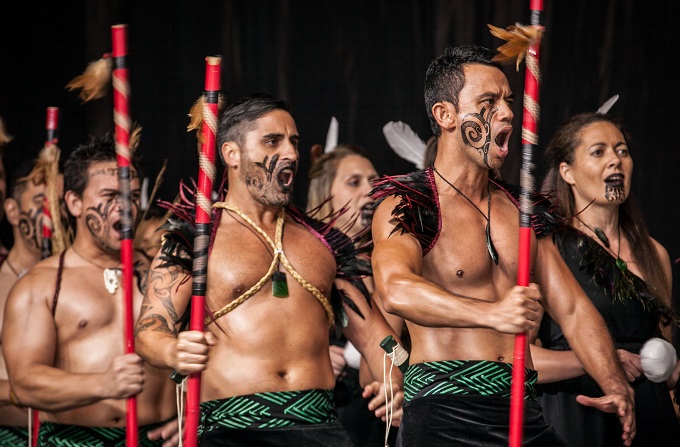Supporting Māori language revitalisation in English medium schools

English medium teachers have an important role to play in the revitalisation of te reo Māori, says reo Māori advisor in schools, Alice Patrick. They need to rise to the challenge to support the aspirations of whānau, hapū and iwi.
He uri nō Koterana e mihi nei. Ko Benechie te maunga. Ko Dee te awa. Ko North te moana. Engari, he Māori āku tamariki, nō Ngāti Awa. Aku taura here ki te kaupapa o te reo Māori me te mātauranga Māori ko rātou ko āku mokopuna.
I write this article as a non-Māori mother of two Māori sons – and Kui to three precious mokopuna. My vision is that my mokos will be far more exposed to te reo Māori in the English medium education system than my sons were, to reinforce their sense of identity.
My lifelong learning of te reo Māori has been a real bonus. I’ve been able to see the world through a different lens, a different window. And that’s what I want for all our tamariki and mokopuna – with schools supporting whānau to achieve this.
Having arrived in New Zealand from Scotland in the early 1960s, at the age of ten, and living next door to a large Māori whānau, I started to learn about the importance of Māori language and culture – by watching, listening and ‘feeling’. I became acculturated. Later, as a beginning teacher (having had no Māori language tuition during my teacher training), I taught myself the grammar of te reo Māori using Te Rangatahi textbooks. I then went on to learn the language formally at university in the early 1970s – a time when very few people (especially Pākehā) were interested in learning Māori. Since then, I’ve never stopped learning – and it’s been a real privilege to do so.
For nearly four decades, I have taught in primary, secondary and tertiary settings. From my experience working in English medium schools, I believe there is goodwill among most teachers to integrate te reo Māori. But they need support to do so. They can feel uncomfortable, embarrassed, or anxious at ‘having a go’. They are aware of their ‘less than perfect’ pronunciation. And they are concerned that their efforts will be misconstrued as token – or criticised by Māori. Their main plea is for Māori language resources that are suitable for English medium classrooms, so that they can improve their ability in te reo and implement an effective Māori language programme for tamariki.
I strongly believe that English medium teachers have an important role to play in the revitalisation of te reo Māori – to support the aspirations of whānau, hapū and iwi. We need to take collective responsibility for this taonga. This is why I wholeheartedly encourage non-Māori teachers like myself to respond to the challenge. There are so many benefits that will ensue – for teachers and students alike.
My work as a reo Māori advisor in schools is in response to an expectation from the Ministry of Education (MoE) that primary teachers will integrate Māori language into the curriculum – to demonstrably affirm te reo Māori as a taonga (as in the Treaty of Waitangi) and to help address differential achievement. This expectation is apparent during visits by the Education Review Office (ERO) – and is specifically articulated in:
- the practising teacher criterion PTC 10 (re teaching in a bicultural context – by incorporating te reo and tikanga, using appropriate resources)
- the ministry’s Māori education strategy Ka Hikitia, where Māori language education is a critical area of focus
- the ministry’s Māori language strategy Tau Mai Te Reo, which includes a focus area on Māori language in the English medium sector
- the cultural competencies in Tātaiako, where the use of Māori language in the classroom is particularly reflected under ‘manaakitanga’ (showing respect for Māori beliefs, language and culture) and ‘tangata whenuatanga’ (providing contexts for learning that affirm the language, identity and culture of Māori learners and their whānau).
Māori student achievement in English medium schools
As acknowledged by education minister Hekia Parata, most Māori students are being educated in English medium settings.1 (According to the minister, students in the Māori medium sector make up only two per cent of the education system). So, with the overwhelming majority of Māori students being in English medium schools, it is vital for us to validate their heritage language, affirm their identity and strengthen their feelings of hauora/well-being.
Although the reality is that most English medium teachers are non-Māori, with little or no knowledge of Māori language, I believe they can play their part in schools, to contribute to the maintenance and promotion of te reo Māori in the wider community – if supported with appropriate resources (and professional development). They can be catalysts for change in the education system. Nō reira kia kaha.
I am convinced that the learning of Māori language can serve as a vehicle to success for our priority learners, too many of whom are Māori. Historically, these students have not enjoyed educational success as Māori2. In the words of our Human Rights Commission3, it is “ … the system failing Māori students, not … Māori students … failing the system.”








